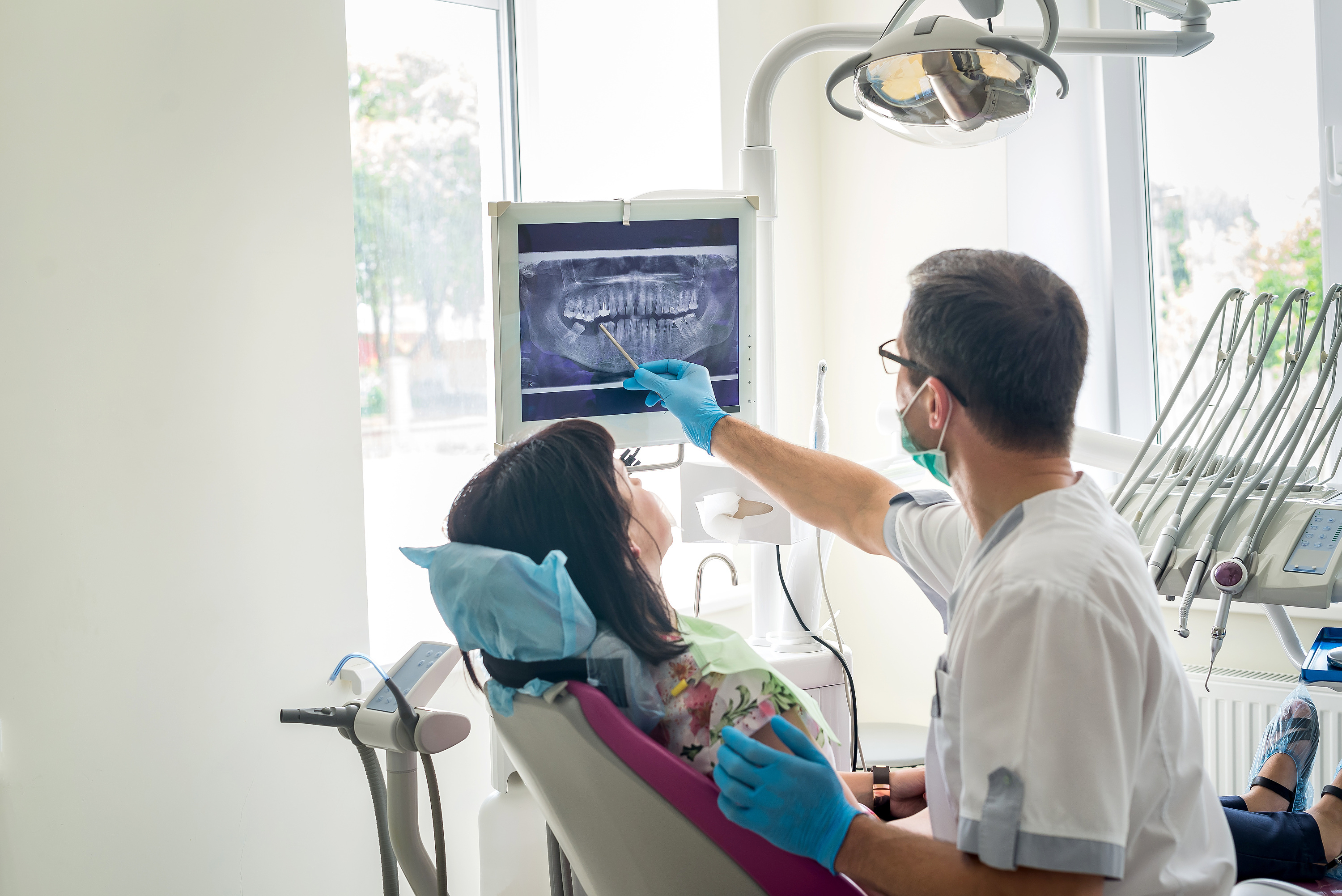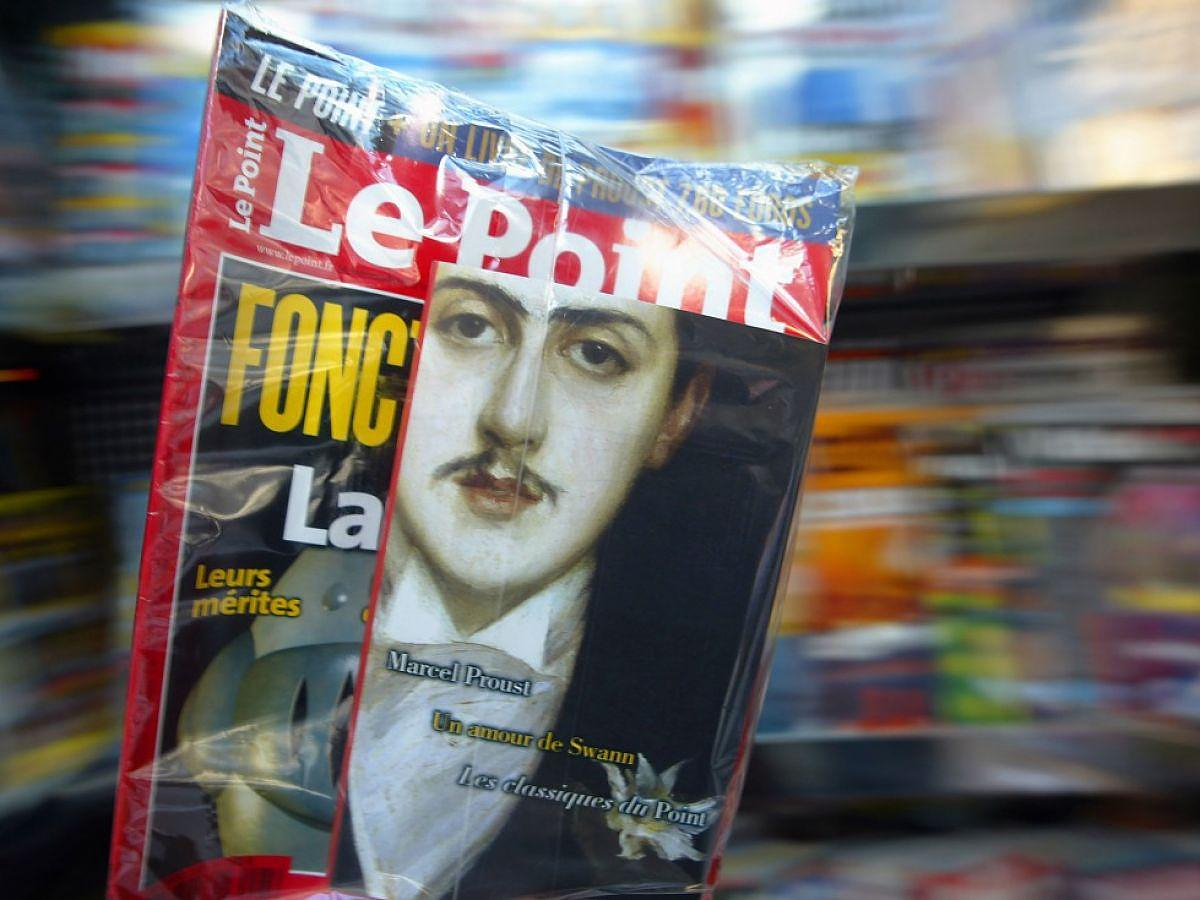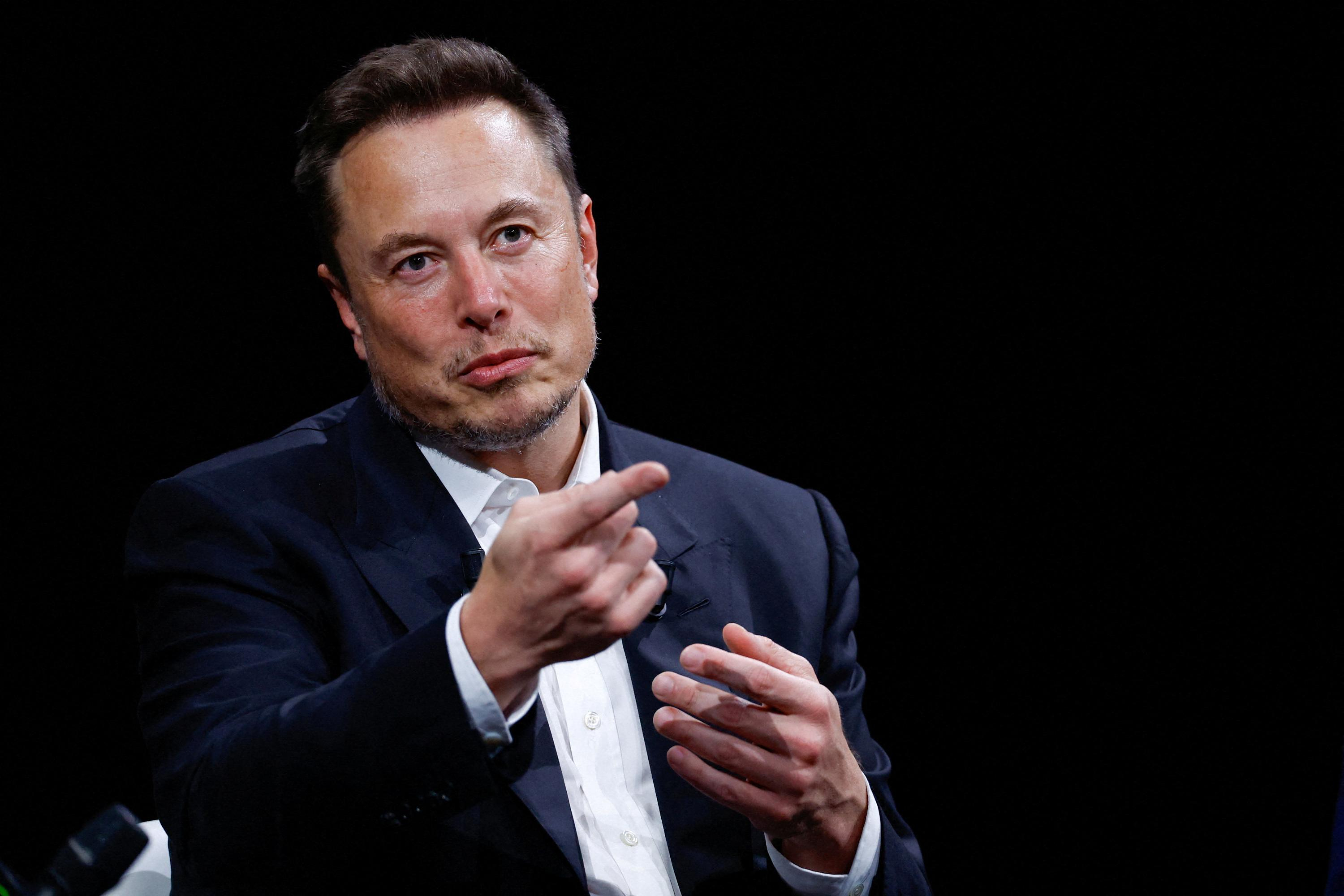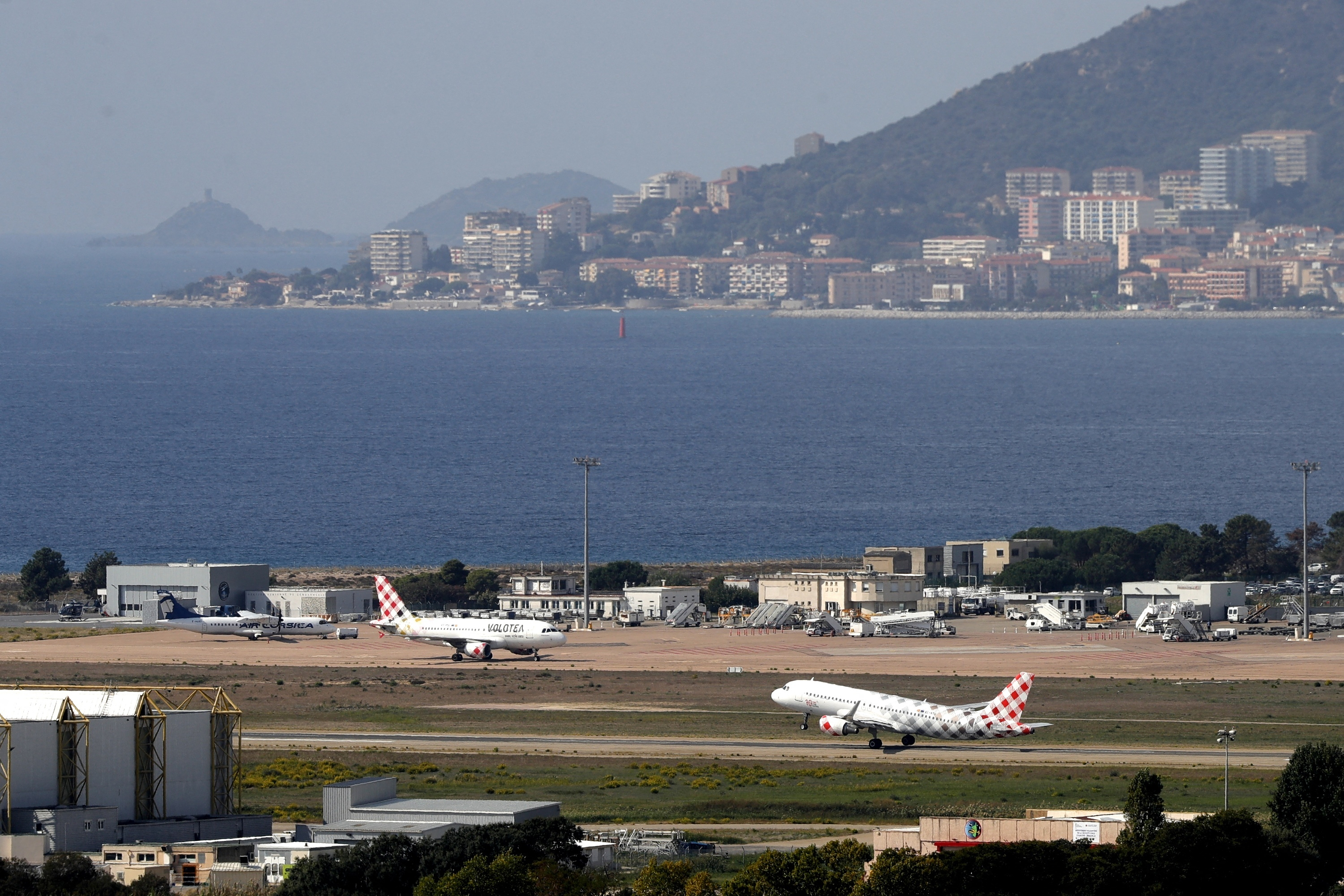The federal government plans to generate at least 80 percent of the electricity consumed in Germany from renewable energies by 2030. But the expansion is faltering - and that has something to do with a piece of paper, the so-called "investment certificate".
This is proof that the owners of solar areas, whether on field areas or roofs, need to be able to put the systems into operation at all. Since the certification bodies often still carry out the checks manually, it can take months for such investment certificates to be issued.
That's how long photovoltaic systems that have been built stand unused in the field. In times of energy and climate crisis: actually not such a good idea. Marko Ibsch has therefore developed an AI software called "Gridcert", which should be able to do this faster.
With his start-up Carbon Freed, the founder says he has already carried out tests for over 500 solar systems. The program should be able to collect, analyze and evaluate relevant data automatically.
The test results are then forwarded to the official certification bodies that are authorized to issue investment certificates. Carbon Freed cooperates with some such bodies, which in principle only have to look over it.
Instead of having the data analyzed by the company's own engineers, who take longer to do it - and are also highly competitive on the market due to the lack of skilled workers. After all, it should take two weeks for operators of solar systems to hold their system certificate in their hands. Instead of six months, for example.
Carbon Freed, the start-up based in Meldorf in Schleswig-Holstein, offers this service to solar system builders, installer companies and larger planning companies. Because investment certificates are only necessary if a system has an output of 135 kilowatts per hour. This usually affects larger logistics halls or companies that want to use PV systems for their own electricity needs.
Many companies and private households are currently switching to solar power in order to save on energy costs and be energy self-sufficient. Demand has risen sharply, particularly as a result of the war in Ukraine and high energy prices. According to the Enpal start-up, which provides private individuals with solar panels, demand has tripled since the beginning of the war, the founder said in an interview with the online magazine “Klimareporter”.
Ibsch's business is also benefiting from the boom in the renewable energy market. Carbon Freed, which he founded single-handedly in 2020, has grown organically from the start. According to the founder, the money from orders carried the business.
In 2022, Carbon Freed generated sales in the high six-digit range. Ibsch has so far rejected inquiries from investors. "I wanted to develop the product closely with the customers, you can't speed up this process with money," he explains.
However, it was not possible without start-up capital. In total, the founder invested around 45,000 euros of his own in the company - to build a team that now consists of 16 members.
Ibsch saved the money from his previous job. He worked for many years as managing director for the DNV group, which also inspects systems for this same certification - but without an AI program.
After his career in the group, he longed for more freedom, leisure time and flexibility. Now he has it. He can choose, for example, whether and when he wants to expand abroad with his company.
After all, Germany is not the only country that will increasingly rely on renewable energies in the future. "The grid requirements in Germany are the same as in the whole of Europe," he explains.
For the future, the founder assumes that the verification process will be even faster, maybe even in real time. If Ibsch has his way, it will be a measure that has been needed for a long time in order to meet the 80 percent target for renewable energies by 2030.
“We really have to step on the gas now,” he says. Not only because solar systems help in the fight against global warming. But also because he thinks of his children.
Ibsch is uncomfortable with the thought that his two daughters, two and five years old, will be born into a world of floods, prolonged droughts and mass exodus. "It's very frustrating that we left the 1.5 degree path," he says.
"Everything on shares" is the daily stock exchange shot from the WELT business editorial team. Every morning from 7 a.m. with the financial journalists from WELT. For stock market experts and beginners. Subscribe to the podcast on Spotify, Apple Podcast, Amazon Music and Deezer. Or directly via RSS feed.

 His body naturally produces alcohol, he is acquitted after a drunk driving conviction
His body naturally produces alcohol, he is acquitted after a drunk driving conviction Who is David Pecker, the first key witness in Donald Trump's trial?
Who is David Pecker, the first key witness in Donald Trump's trial? What does the law on the expulsion of migrants to Rwanda adopted by the British Parliament contain?
What does the law on the expulsion of migrants to Rwanda adopted by the British Parliament contain? The shadow of Chinese espionage hangs over Westminster
The shadow of Chinese espionage hangs over Westminster What High Blood Pressure Does to Your Body (And Why It Should Be Treated)
What High Blood Pressure Does to Your Body (And Why It Should Be Treated) Vaccination in France has progressed in 2023, rejoices Public Health France
Vaccination in France has progressed in 2023, rejoices Public Health France Food additives suspected of promoting cardiovascular diseases
Food additives suspected of promoting cardiovascular diseases “Even morphine doesn’t work”: Léane, 17, victim of the adverse effects of an antibiotic
“Even morphine doesn’t work”: Léane, 17, victim of the adverse effects of an antibiotic Collection of booklet A stalls in March
Collection of booklet A stalls in March Kering expects a 40 to 45% drop in operating profit in the first half
Kering expects a 40 to 45% drop in operating profit in the first half Smartphones, televisions, household appliances… MEPs adopt a “right to repair”
Smartphones, televisions, household appliances… MEPs adopt a “right to repair”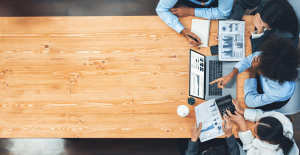 Fintechs increasingly focused on business services
Fintechs increasingly focused on business services The standoff between the organizers of Vieilles Charrues and the elected officials of Carhaix threatens the festival
The standoff between the organizers of Vieilles Charrues and the elected officials of Carhaix threatens the festival Strasbourg inaugurates a year of celebrations and debates as World Book Capital
Strasbourg inaugurates a year of celebrations and debates as World Book Capital Kendji Girac is “out of the woods” after his gunshot wound to the chest
Kendji Girac is “out of the woods” after his gunshot wound to the chest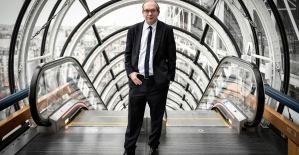 The Court of Auditors scrutinizes the management and projects of the Center Pompidou
The Court of Auditors scrutinizes the management and projects of the Center Pompidou Skoda Kodiaq 2024: a 'beast' plug-in hybrid SUV
Skoda Kodiaq 2024: a 'beast' plug-in hybrid SUV Tesla launches a new Model Y with 600 km of autonomy at a "more accessible price"
Tesla launches a new Model Y with 600 km of autonomy at a "more accessible price" The 10 best-selling cars in March 2024 in Spain: sales fall due to Easter
The 10 best-selling cars in March 2024 in Spain: sales fall due to Easter A private jet company buys more than 100 flying cars
A private jet company buys more than 100 flying cars This is how housing prices have changed in Spain in the last decade
This is how housing prices have changed in Spain in the last decade The home mortgage firm drops 10% in January and interest soars to 3.46%
The home mortgage firm drops 10% in January and interest soars to 3.46% The jewel of the Rocío de Nagüeles urbanization: a dream villa in Marbella
The jewel of the Rocío de Nagüeles urbanization: a dream villa in Marbella Rental prices grow by 7.3% in February: where does it go up and where does it go down?
Rental prices grow by 7.3% in February: where does it go up and where does it go down? Europeans: “All those who claim that we don’t need Europe are liars”, criticizes Bayrou
Europeans: “All those who claim that we don’t need Europe are liars”, criticizes Bayrou With the promise of a “real burst of authority”, Gabriel Attal provokes the ire of the opposition
With the promise of a “real burst of authority”, Gabriel Attal provokes the ire of the opposition Europeans: the schedule of debates to follow between now and June 9
Europeans: the schedule of debates to follow between now and June 9 Europeans: “In France, there is a left and there is a right,” assures Bellamy
Europeans: “In France, there is a left and there is a right,” assures Bellamy These French cities that will boycott the World Cup in Qatar
These French cities that will boycott the World Cup in Qatar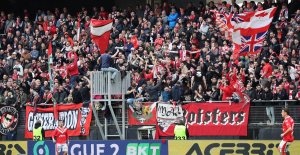 Football: VAFC supporters are ironic after their descent into National
Football: VAFC supporters are ironic after their descent into National Tennis: Carlos Alcaraz should play in Madrid
Tennis: Carlos Alcaraz should play in Madrid Football: victim of discomfort in the middle of a match in mid-April, Evan Ndicka will resume training with AS Roma
Football: victim of discomfort in the middle of a match in mid-April, Evan Ndicka will resume training with AS Roma Ligue 1: PSG almost champion, OM, shock for the C1… 5 reasons to follow an exciting evening
Ligue 1: PSG almost champion, OM, shock for the C1… 5 reasons to follow an exciting evening




